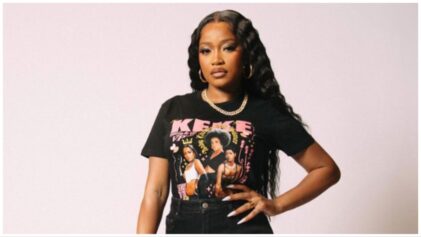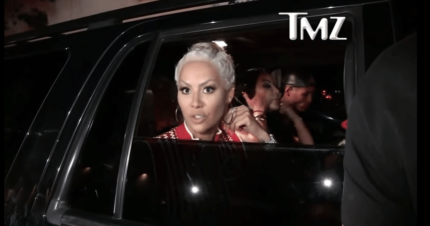Georgetown law student Melanie Habwe Dickson stood nervously outside a District courtroom, waiting for the chance to argue for her client, a domestic-abuse survivor.
It was Dickson’s first time in front of a judge, and she needed something to help her relax. She pulled out her smartphone to find an inspirational verse and then remembered that she still carried an excerpt from a text she had read during her weekly Bible study group.
The survey found that 74 percent of black women and 70 percent of black men said that “living a religious life” is very important. On that same question, the number falls to 57 percent of white women and 43 percent of white men.
But in times of turmoil, about 87 percent of black women — much more than any other group — say they turn to their faith to get through. Black women, across education and income levels, say living a religious life is a greater priority than being married or having children, and this call to faith either surpasses or pulls even with having a career as a life goal, the survey shows.
“I can’t separate my faith from who I am. It’s like being black or being a woman,” said Dickson, who grew up Catholic, drifted away from religion as a teenager but found her way back through a Bible study at a Baptist church while she was an undergraduate at Columbia University.
Cultural influences
Clearly, according to the poll, the majority of white women are also believers. But cultural influences probably account for the racial gap, said Cheryl Townsend Gilkes, a professor of sociology and African American studies at Colby College in Maine.
Gilkes, an African American ordained minister and assistant pastor at a Baptist church in Massachusetts, said she has even heard as much from her white academic colleagues. “They say, ‘If my parents had taken me to a church that had music like yours, I might still be religious,’ ” Gilkes said.
African Americans are more likely to have grown up with gospel music in the background of their lives, as well as with a mother or grandmother who insisted on all-day church on Sundays and Bible school in the summers.
To read entire story by Theola Labbé-DeBose, go to: Washington Post


